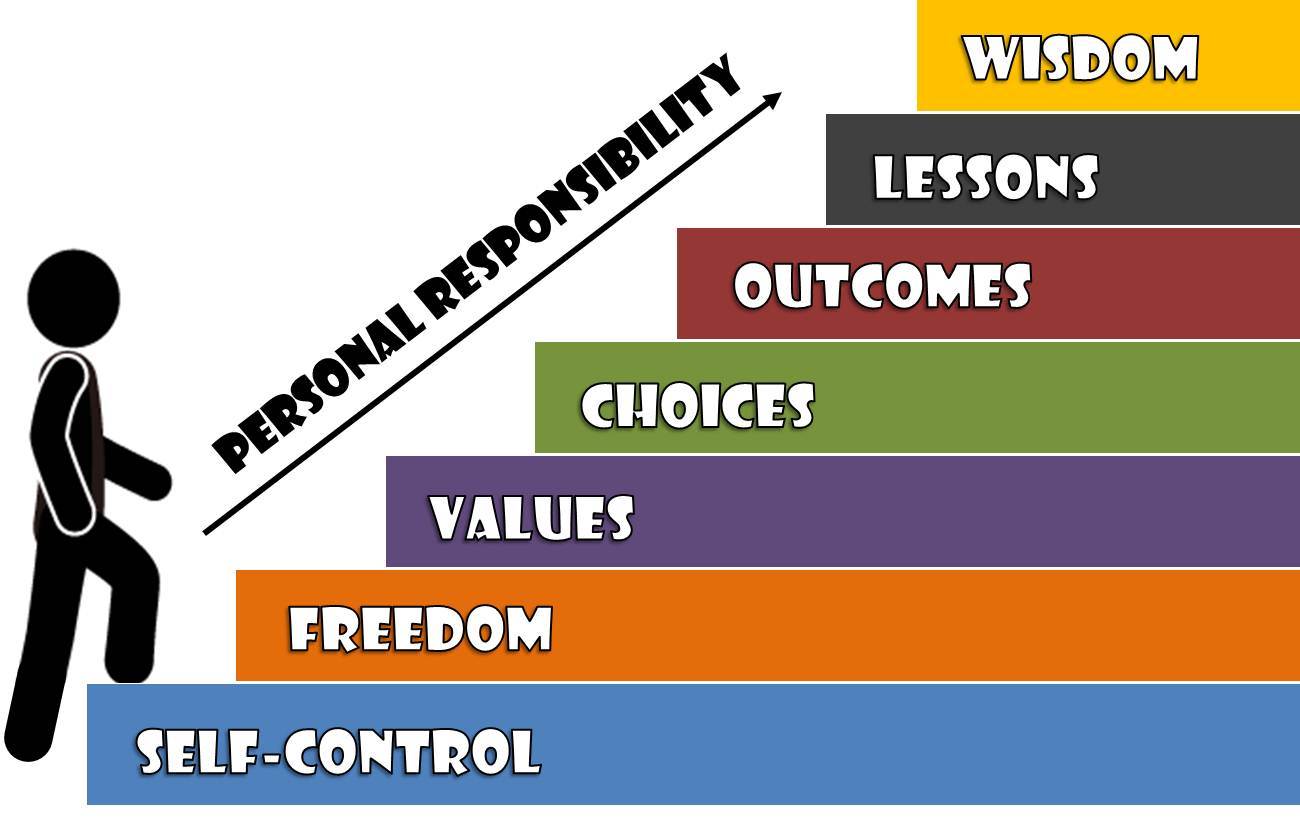In a world that often feels chaotic and overwhelming, choosing to embody peace, love, and compassion sets you apart as a beacon of harmony. Your commitment to kindness and understanding speaks to a deep awareness of the power of self-love and empathy—not just as personal virtues, but as transformative forces that create ripples of positivity in the lives of those around you.

Practicing self-love can be likened to tending to an inner garden, nurturing the soul with care and patience. Psychologically, self-love activates parts of the brain associated with reward and emotional regulation, which can lead to increased resilience and a more balanced mood. By treating yourself with the same kindness you extend to others, you create a foundation of inner peace. This self-compassion strengthens your sense of worth, giving you the emotional resources to face life’s challenges with a calm and steady mind.
Compassion, meanwhile, acts as a bridge, fostering a profound sense of connection and empathy between individuals. Studies in psychology show that practicing compassion can lower levels of cortisol, the body’s primary stress hormone, and even boost oxytocin, often referred to as the “love hormone,” which promotes feelings of trust and connection. When you approach both yourself and others with understanding, you’re not only enhancing your own emotional well-being but also creating an environment where others feel seen, valued, and supported. Recognizing that everyone has their own struggles encourages empathy, which can dissolve feelings of isolation and build a sense of unity in an often disconnected world.
Embracing self-love and compassion is a journey of growth and self-discovery. It requires mindfulness and a willingness to be gentle with yourself, even when things don’t go as planned. Remember, setbacks are not failures; they’re simply moments to pause, reflect, and adjust. This approach fosters emotional resilience, turning challenges into stepping stones toward a stronger, more compassionate self.
By nurturing self-love and compassion, you inspire others through your actions. The energy you radiate has a tangible impact, creating a ripple effect that encourages those around you to embrace these qualities themselves. Each act of kindness or understanding contributes to a more compassionate, connected community, where each individual feels valued and empowered to do the same.
As you continue on this journey, know that you are contributing to a brighter, more harmonious world. By embodying self-love and spreading compassion, you are helping to create a community where peace, kindness, and unity flourish. Embrace your role as a source of love and light, and watch as your presence inspires others to do the same, nurturing a world that is as compassionate as it is connected.












